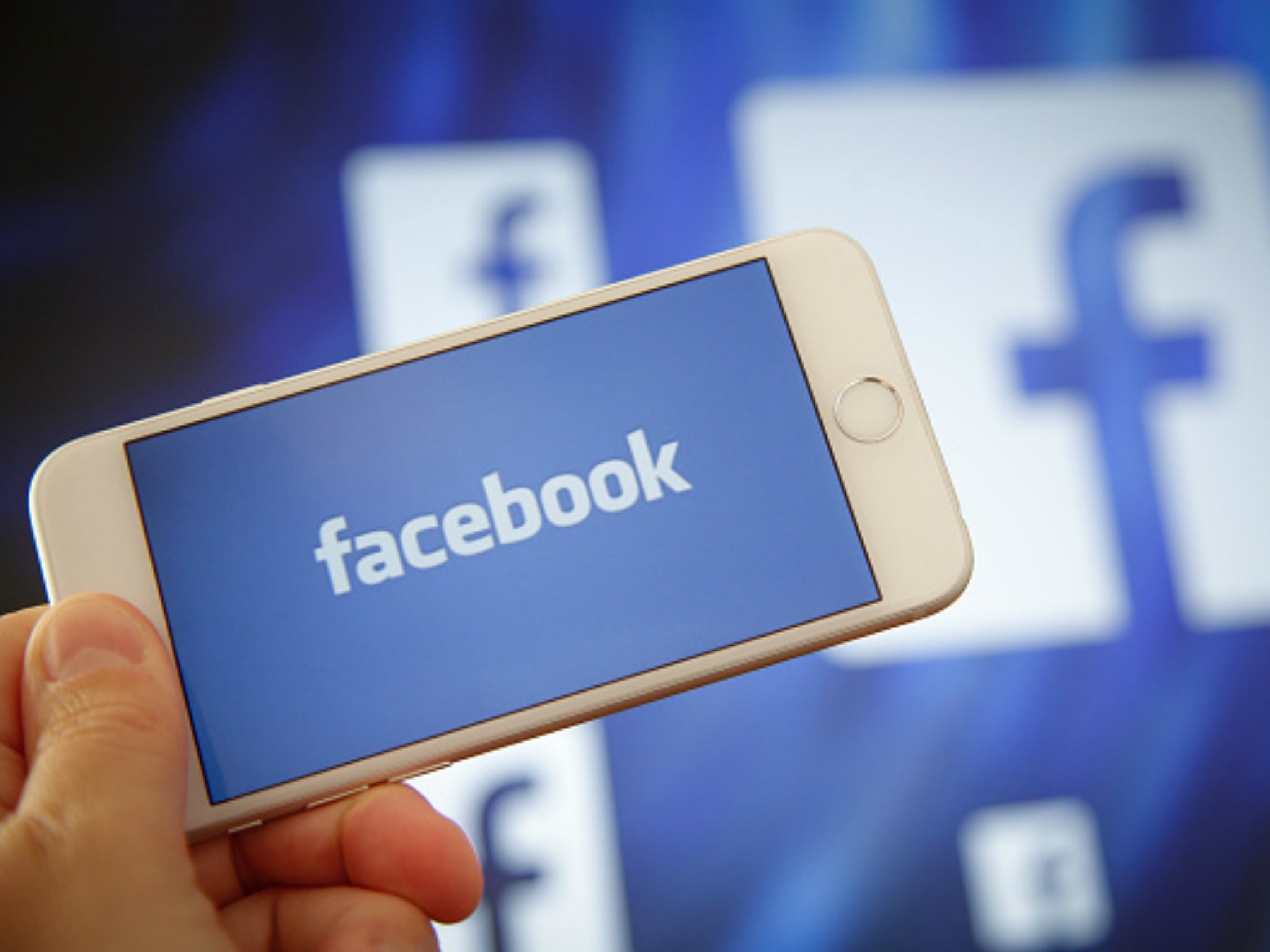Facebook ‘sold adverts targeted at users interested in “how to burn Jews”’
Now-disabled categories allowed ad buyers to target antisemites

Facebook sold advertisements targeted to antisemitic users drawn to phrases like “Jew haters”, according to a report in ProPublica.
The social media giant’s ad-buying platform allows purchasers to tailor their ads to certain categories of users, seeking to guide advertisements into the newsfeeds of more receptive audiences. Among the available subgroups were users who expressed interest in topics like “Jew haters” and “How to burn Jews”, ProPublica found.
The categories had relatively few users - a little over 2,000 for the “Jew haters” label and a handful scattered across other anti-Semitic labels. In response to the story Facebook removed the categories, which it said were generated by users who wrote phrases that then became visible to advertisers entering search terms, and then said it would suspend the self-reported fields.
“To help ensure that targeting is not used for discriminatory purposes, we are removing these self-reported targeting fields until we have the right processes in place to help prevent this issue”, Facebook said in a statement. “We want Facebook to be a safe place for people and businesses, and we’ll continue to do everything we can to keep hate off Facebook”.
But the discovery adds to an intensifying focus on how various types of speech, including advertisements, flow through one of the world’s dominant sources of information and social interaction.
Last week, Facebook revealed that during the 2016 election cycle it sold thousands of advertisements to fake accounts likely operated out of Russia. Specifically crafted to widen divisions over issues like race and immigration, the ads appeared in newsfeeds as Russia was directing what intelligence agencies have called a concerted effort to disrupt the election.
A maelstrom of overtly partisan and often inaccurate content swamped Facebook and other social media sites during the contentious 2016 election. In response, Facebook unveiled safeguards that bar ad sales to “fake news” disseminators and downplay stories with misleading clickbait headlines.

While the technology industry has generally tried to remain neutral on the beliefs its tools publish and spread, violence against protesters outside a neo-Nazi march in Charlottesville, Virginia has tested the boundary between allowing free speech and permitting incitement to violence. In the aftermath off Charlottesville, multiple companies cut off users like the neo-Nazi hub the Daily Stormer.
Facebook CEO Mark Zuckerberg responded to the bloodshed by writing that “there is no place for hate in our community” and that the site was committed to removing content that “promotes or celebrates hate crimes or acts of terrorism.
“We won't always be perfect, but you have my commitment that we'll keep working to make Facebook a place where everyone can feel safe”, Mr Zuckerberg wrote.
Join our commenting forum
Join thought-provoking conversations, follow other Independent readers and see their replies
Comments
Bookmark popover
Removed from bookmarks